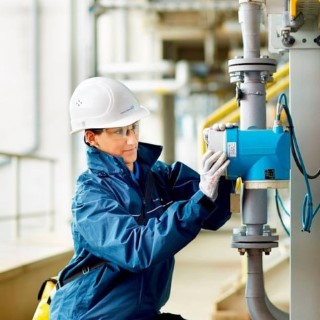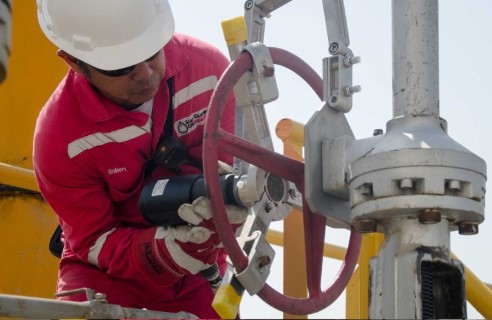COURSE OVERVIEW
IE0010 : Certified Fiber Optics Professional (CFOP): Practical Fiber-Optics Technology

OVERVIEW
| COURSE TITLE | : | IE0010 : Certified Fiber Optics Professional (CFOP): Practical Fiber-Optics Technology |
| COURSE DATE | : | Jul 07 - Jul 11 2024 |
| DURATION | : | 5 Days |
| INSTRUCTOR | : | Prof. Mike Kanova |
| VENUE | : | Dubai, UAE |
| COURSE FEE | : | $ 6000 |
| Request For Course | ||
Course Description
This practical and highly-interactive course includes practical sessions and exercises where participants carryout fiber optic splicing, testing and troubleshooting. Theory learnt in the class will be applied using our state-of-the-art equipment. The rapidly changing face of data communications and telecommunications has seen a continued growth in the need to transfer enormous amounts of information across large distances. The technologies that were used extensively in the past such as coaxial cable, satellite and microwave radio for transferring information were running out of capacity. With the introduction of fiber optic communications systems, the solution to the problems of transmission capacity shortage and to noisy industrial environments has been successfully found. Fiber optic transmission has become one of the most exciting and rapidly changing fields in telecommunications engineering. An optical fiber is simply a very thin piece of glass which acts as a pipe, through which light can pass. The light that is passed down the glass fiber can be turned on and off to represent digital information or it can be gradually changed in amplitude, frequency or phase to represent analog information.Fiber optic transmission systems have many advantages over more conventional transmission systems. They are less affected by noise, do not conduct electricity and therefore provide electrical isolation, carry extremely high data transmission rates and carry data over very long distances. These and other advantages will be discussed in detail in this course. Fiber optic transmission systems are not perfect and there are difficulties involved in designing, implementing, and operating fiber optic communications systems. This course is designed to provide a thorough background to fiber optic communications systems and to illustrate the design and installation of these systems. The many pitfalls associated with the implementation of fiber optic systems will be discussed and workable solutions to these problems will be provided in this course. This course will provide an extensive overview of the construction, operation and applications of optical fiber, with more emphasis on installation and troubleshooting. The course will give both the novice and the experienced participant a solid grasp of the principles and practical implementation of fiber optic cabling for industrial applications.
TRAINING METHODOLOGY
This interactive training course includes the following training methodologies:
LecturesWorkshops & Work Presentations
Case Studies & Practical Exercises
Videos, Software & Simulators
In an unlikely event, the course instructor may modify the above training methodology for technical reasons.
VIRTUAL TRAINING (IF APPLICABLE)
If this course is delivered online as a Virtual Training, the following limitations will be applicable:
| Certificates | : | Only soft copy certificates will be issued |
| Training Materials | : | Only soft copy materials will be issued |
| Training Methodology | : | 80% theory, 20% practical |
| Training Program | : | 4 hours per day, from 09:30 to 13:30 |
RELATED COURSES

IE0671(KJ1) : Crude Metering System (Certification Training Program)
- Date: Jan 26 - Jan 30 / 3 Days
- Location: Dubai, UAE
- Course Details Register

IE0274 : Motor Operated Valves Maintenance & Troubleshooting
- Date: Jan 26 - Jan 30 / 3 Days
- Location: Dubai, UAE
- Course Details Register

IE0738 : Field Measurement Devices
- Date: Jan 26 - Jan 30 / 3 Days
- Location: Al Khobar, KSA
- Course Details Register

IE0030 : Process Control & Instrumentation
- Date: Jan 26 - Jan 30 / 3 Days
- Location: Dubai, UAE
- Course Details Register
